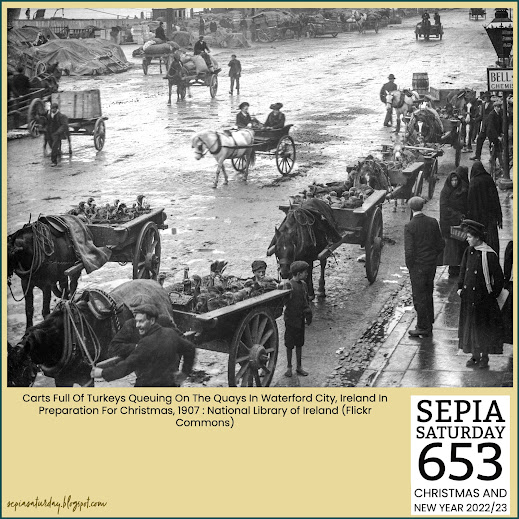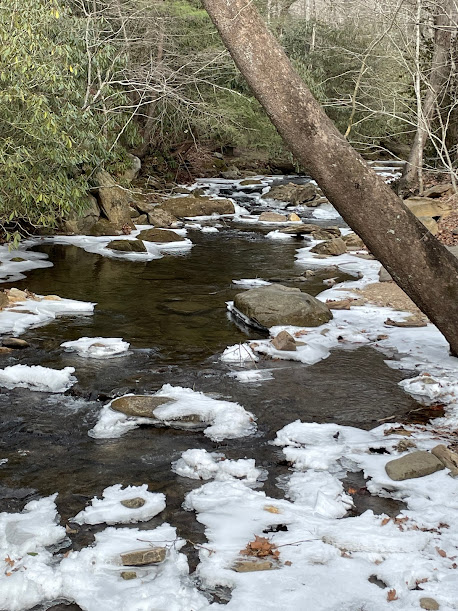From a Treehugger article:
The Lost Words' Restores Nature to Children's Vocabulary
This enchanting book uses poetic 'spells' and gorgeous illustrations to reconnect children to the great outdoors.
"It's a spell book? Like a magic spell book?"
Indeed, that is exactly what its creators, Robert Macfarlane and Jackie Morris, set out to do when they made this unusual and, yes, enchanting book back in 2018. They were responding to a decision by the Oxford Junior Dictionary to remove around 40 common words relating to nature from its 2007 edition. These "lost words" included acorn, adder, bluebell, dandelion, fern, heron, kingfisher, newt, otter, and willow. They were replaced by words like attachment, blog, broadband, bullet point, cut-and-paste, and voicemail.
One can only imagine how much longer that list would be now.
Macfarlane and Morris saw this as a tragic loss for children, evidence of a growing disconnect with a natural world that has long sustained and nourished humans, and a significant displacement by the indoor realm. Children have an instinctive desire to name and know animals. The problem is that their focus has shifted toward "synthetic" creatures, or made-up ones that feature in cartoons and online videos.
Macfarlane wrote for the Guardian about a 2009 study from Cambridge University that found children were better at identifying Pokémon characters than common British plant and wildlife species. They had around 80% accuracy for Pokémon, but less than 50% for real-life species. The paper concluded that children have tremendous capacity for learning about creatures, both natural and manmade, but are presently "more inspired by synthetic subjects" than by "living creatures." This contributes to a sense of isolation from nature and, hopefully, urgency on the part of adults to repair that.
The paper concluded that we need "to re-establish children's links with nature if we are to win over the hearts and minds of the next generation", for "we love what we know … What is the extinction of the condor to a child who has never seen a wren?"
"The Lost Words" aims to do that with a delightfully magical slant. The book features 20 words, each with three dedicated page spreads. First comes a word search, where a child can decode the letters and the name of the species, painted in gold, from a scattering of alphabet letters. Next there's an acrostic poem based on each word, accompanied by a full-page painting that resembles a religious icon made with abundant gold leaf. These are called "spells" rather than poems because they are "designed to be spoken (or sung!) out loud in order to summon back these words and creatures into our hearts." Finally, there is a full double-page watercolor illustration of the plant or animal in its native habitat, often with other species hidden around the edges.
As Macfarlane explained, "We've got more than 50% of species in decline. And names, good names, well used can help us see and they help us care. We find it hard to love what we cannot give a name to. And what we do not love we will not save."
The book was published in 2017 and I am sorry it's taken me all these years to discover it. But its message remains relevant and its presentation is as spellbinding as ever. If there are young children in your life, then this is a book well worth checking out of the library or adding to your collection.
Published December 19, 2022 08:00AM EST
-------------------------------------------
I discovered fellow blogger Jackie Morris about the time she was working on Lost Words...or a bit before. Her blog had featured her wonderful cats that walked to the shore with her, and she took great photos of them. And she painted wonderful amazing watercolor animals. I've really missed her blog.
A Christmas Card to benefit musicians.
And here's her web site...many more beautiful words and paintings.
Jackie Morris ArtistToday's quote:One cannot be deeply responsive to the world without being saddened very often.
-Erich Fromm, psychoanalyst and author (1900-1980)












.jpg)

































.jpg)

